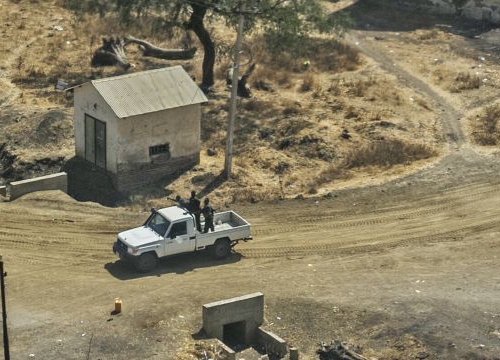Human Rights Obligations and Armed Non-State Actors: The Protection of the Right to Life
Event


UN Photo/Isaac Billy
The rise of armed non-state actors (ANSAs) in contemporary conflicts and situations of violence and their great impact on human rights calls for increased and specific attention from states and international organizations. ANSAs growing influence is a general trend. Some of these actors control territory and persons for a prolonged time, often without access by any human rights monitoring mechanisms.
While international humanitarian law (IHL) and international human rights law (IHRL) share certain common objectives, they differ in their scopes of application. IHRL apply at all times, while IHL applies only in cases of armed conflict. ANSAs, which are party to a conflict, are subject to the obligations imposed by IHL. However, less legal clarity exists, as to which extent they are also legally bound to respect human rights in situations that are not covered by IHL or where IHL does not provide adequate guidance on how to address a situation which is human rights relevant.
Up to now, it is still unclear and difficult to establish whether ANSAs’ IHRL obligations are anchored in some form of law or practice, as could be gathered from the analysis of the resolutions adopted by the UN General Assembly, the UN Security Council and the Human Rights Council. The issue of accountability and reparation for human rights violations committed by ANSAs is also a critical point of the debate.
This side event, co-organized with Agnes Callamard, Special Rapporteur on extrajudicial, summary or arbitrary executions will discuss this issues in light of her latest report Armed Non-State Actors: The Protection of the Right to Life.
Moderator
- Felix Kirchmeier, Manager of Policy Studies, Geneva Academy
Speakers
- Annyssa Bellal, Senior Research Fellow and Strategic Adviser on International Humanitarian Law, Geneva Academy
- Agnes Callamard, Special Rapporteur on extrajudicial, summary or arbitrary executions
- Ezequiel Heffes, Legal Advisor, Geneva Call
- Anita Ramasastry, Chair of the UN Working Group on Business and Human Rights
- Michael Wiener, Human Rights Officer, Rule of Law and Democracy Section, Office of the United Nations High Commissioner for Human Rights
Registration
We do not take specific registration for this event, which is open to everyone who has access to the Palais des Nations.








